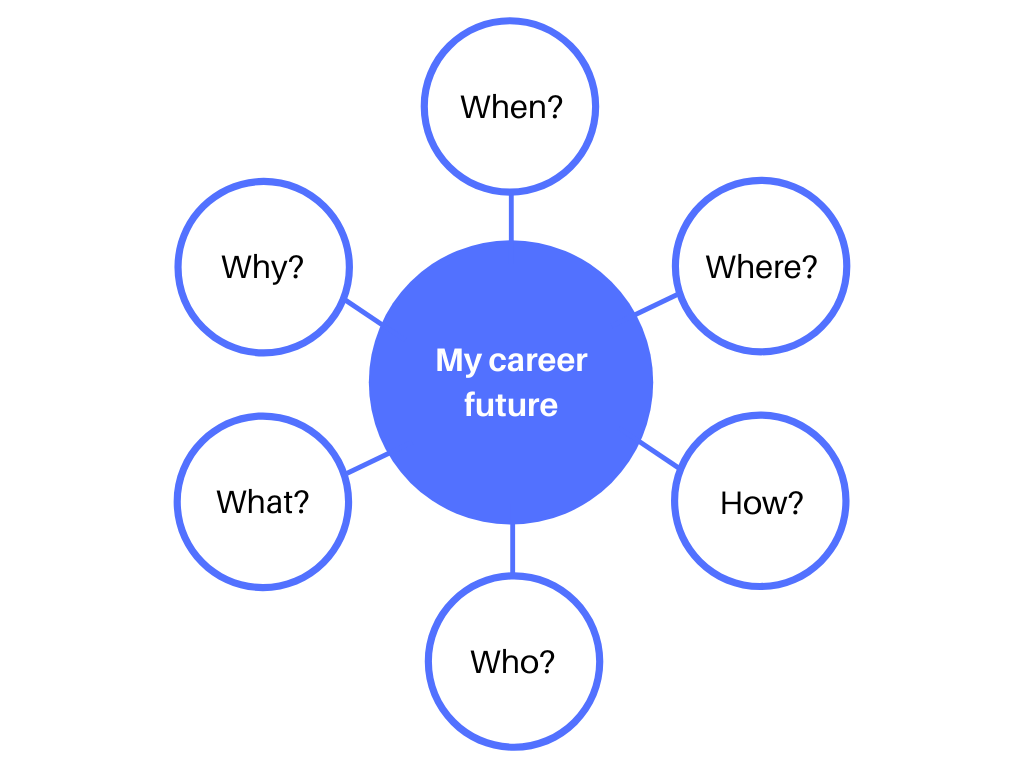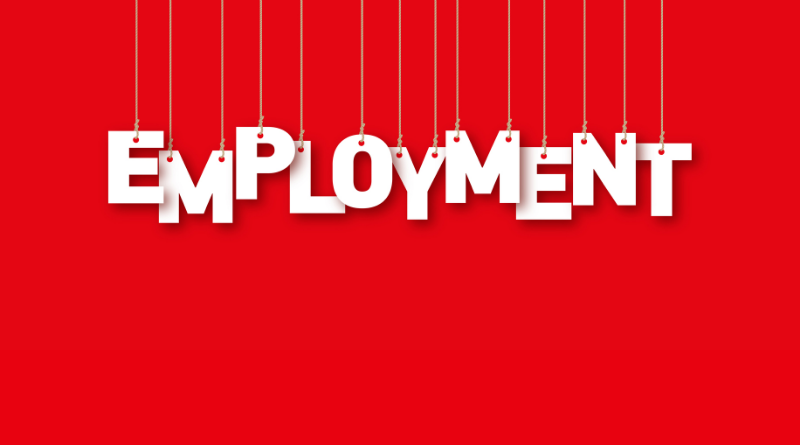Redundancy – what next?
Looking at the big picture, avoiding the knee jerk decision and making the most of the opportunity
When people get news of an impending redundancy, they can rush into action but may miss opportunities by not thinking deeply or broadly enough.
Employment
When the decision is to get another job, we find that people can think quite narrowly and limit their options by believing that the only choice is to replace the last role with something incredibly similar. Of course, if you keep repeating this exercise your options will ultimately become more limited further down your career path. We suggest completing a really thorough audit of everything you have to offer. List out all of your areas of expertise, your experience, skills, qualifications and training and your career achievements. This will help you see that you are so much more than just the last job and much of your experience is transferable. Whilst job descriptions typically ask for specific sector and functional experience, this is because the ad is written to describe their ideal candidate. Great attitude, clear motivation, transferable skills and evidence of where you have contributed and previously learnt can trump specific experience. Don’t limit yourself to only look at more of the same unless you really enjoy it and staying in the same field isn’t career limiting further down the line.
Another pitfall is to only look at roles that are being advertised. List out your personal and professional network, including customers, colleagues, ex colleagues, suppliers and share with them the options you are looking for as these can be a hugely valuable source of unadvertised opportunities.
Self-employment
An alternative many consider after redundancy is becoming self-employed. A natural and at face value attractive looking option to remove the possibility of being made redundant again; but of course, it offers no guarantee of business success. Do you have a viable idea, or could you piggyback someone else’s via the huge array of franchises now available? If having full control is important to you, then franchise might not be the best solution. Whilst the business failure rate is lower than independent start-ups, you may have to trade lower risk for less flexibility on how you deliver the business.
Beyond wanting to be in control of your destiny, what else is behind your desire for self-employment? What’s your attitude to and capacity for risk? How far will your settlement stretch to fund your personal expenses and business working capital before you can start withdrawing money from the business? Again, a really thorough skills and expertise audit is important to understand what you will bring to business management and what skills you need to buy in or upskill in.
Some prompts to help get clarity
Your decision may not be as binary as employment or self-employment because it’s not just the immediate outcome that is important but understanding how each decision may play out in the rest of your working life.
I use an exercise in my coaching work with clients to help them to dig deep and consider all the variables at play and help them get clarity on priorities and actions and create a plan.

When?
Understanding timescales is important as urgency may be playing quite loudly in your decision making. When do you need to be earning? What financial cushion do you have, or changes could you make? In coaching sessions this very often confirms an initial takeaway action to clarify your financial picture. Also, consider where you are in your personal and professional life journey – how much longer do you need or want to be working for? Is what comes next the last stage of your career or do you still see a number of steps? How does it fit with life goals? Are there any other key milestones you want to put in the picture?
Where?
Think not just the obvious geographical base, which may of course be much less of an issue post Covid with home working, but also the organisational context of where you have worked before and what this might mean about future options. Capture everything about the types of businesses you have worked with: their size, ownership, age, product or service, customer and market profile. Capture any key company targets you have on your radar. Now consider what’s important to you about your cultural fit to any organisation or the culture you want to establish in your own business. What behaviours and ethos fits well with you?
How?
Is a permanent option the only one ahead? How viable and attractive would working on a series of contracts be to you? Can you carry what might be an income gap and a variable income? If you need more time to plan for this and create the right platform financially, then this may be stage 2 of your career plan. Could this be about creating a portfolio of income sources with a side hustle of self-employment whilst it grows?
Who?
Do you already know your future employer or business partner? Who could help? Map out the communities of people and actual individuals who could be approached. What sort of manager are you seeking out who brings out the best in you? What sorts of people do you want to surround yourself with?
What?
This can be one of the trickiest areas of reflection as it requires you to really think about what you can do and want to do. We don’t work with job titles but get you thinking about how you want to spend your time. What problems do you want someone to come to you with? What skills and knowledge will you be leveraging? What gaps are there you might need to plug?
Why?
Whilst income may be a key driver, what else is at play here that you want from your working life? Drivers can include a need for structure, for purpose, for learning, for progression, for work life balance, for challenge or stimulation. This is very personal and so important to consider. What do you want to be the same and what do you want to be different?
This reflection exercise takes time and is valuable whatever your circumstances. It will help you to identify your priorities and what’s clear and where your gaps are. With this clarity and focus you can take action to make the most of the opportunities ahead.
Originally posted 2021-04-09 10:45:41.
- The challenge of a first-time manager - December 17, 2025
- Redundancy – what next? - October 30, 2025
- Help, I’m over 50 looking for work! - April 3, 2025






